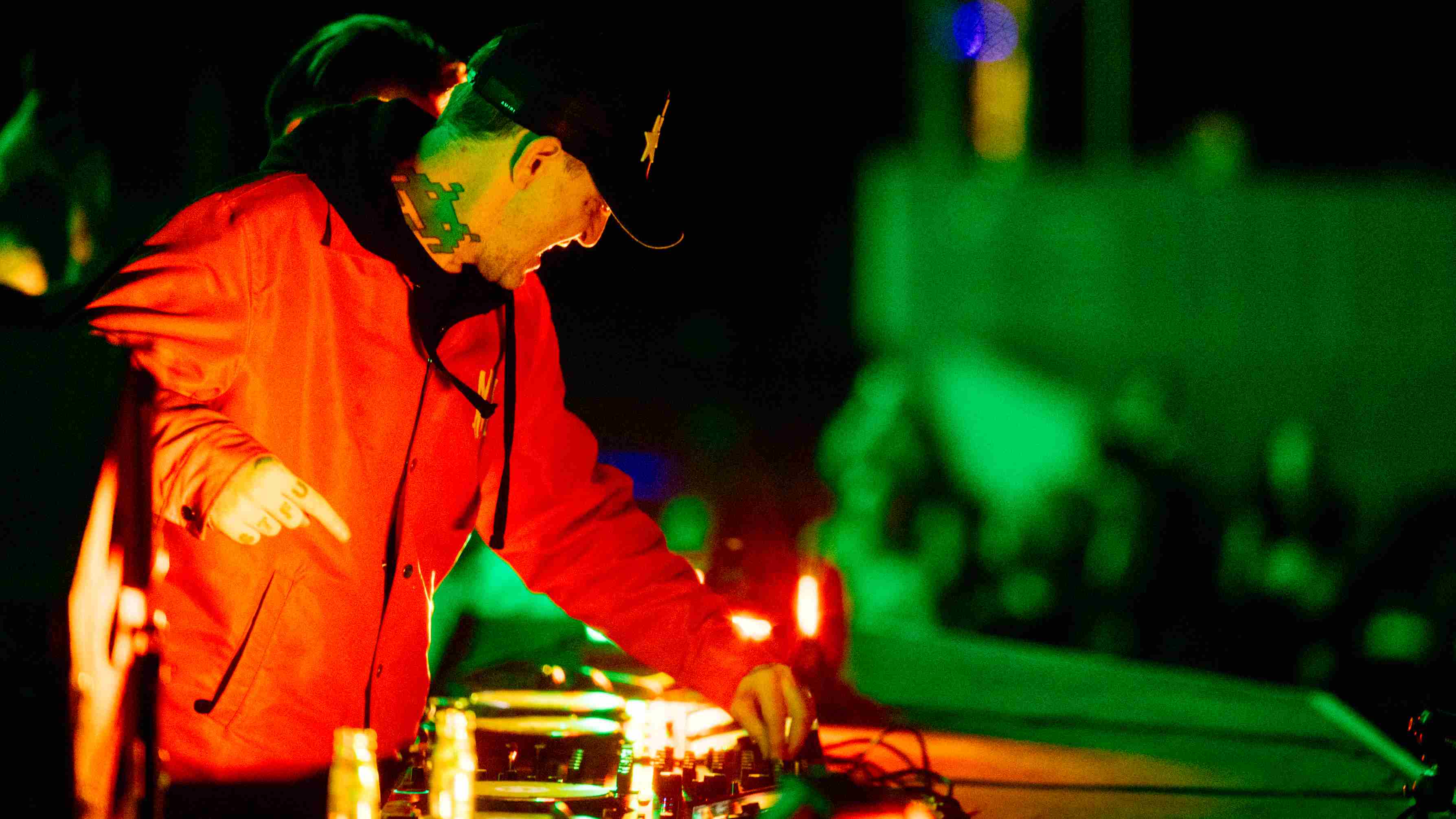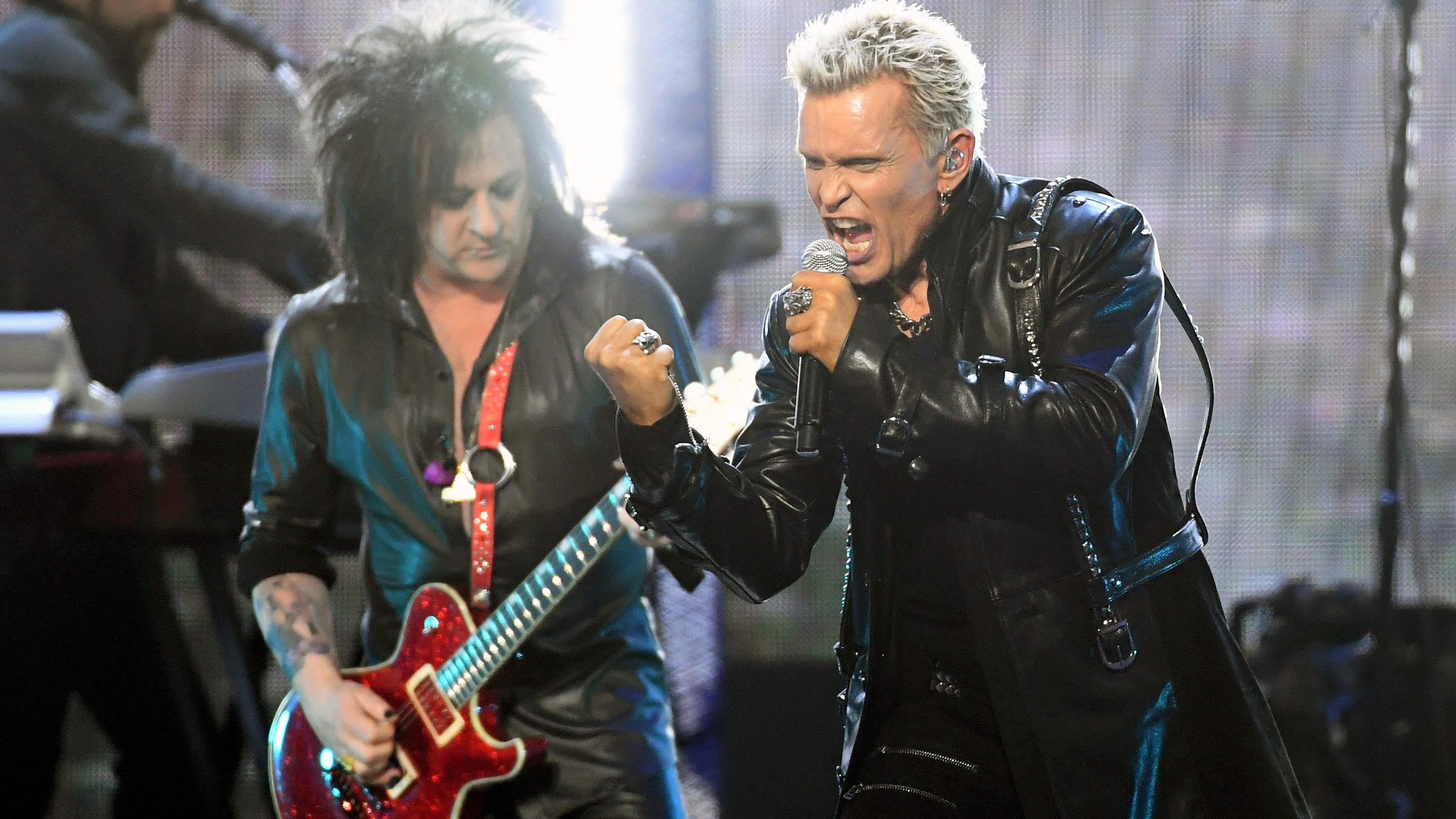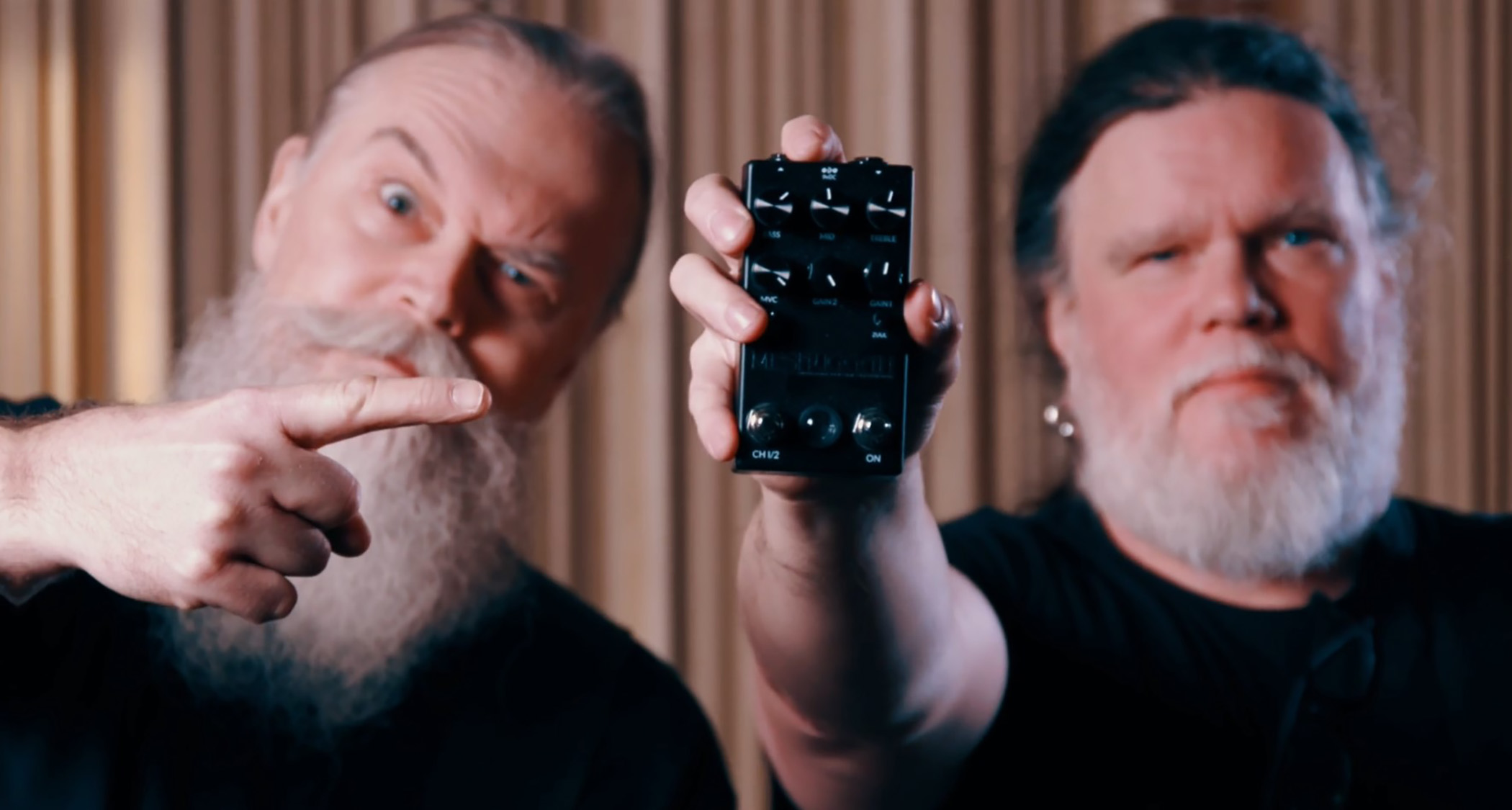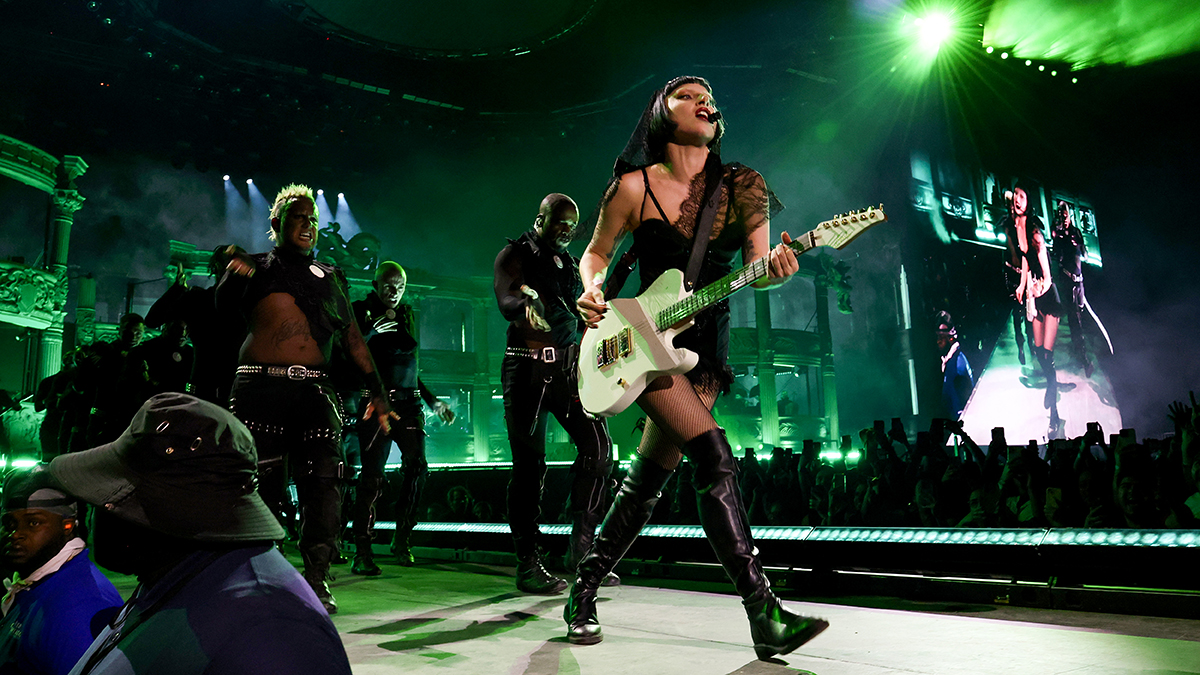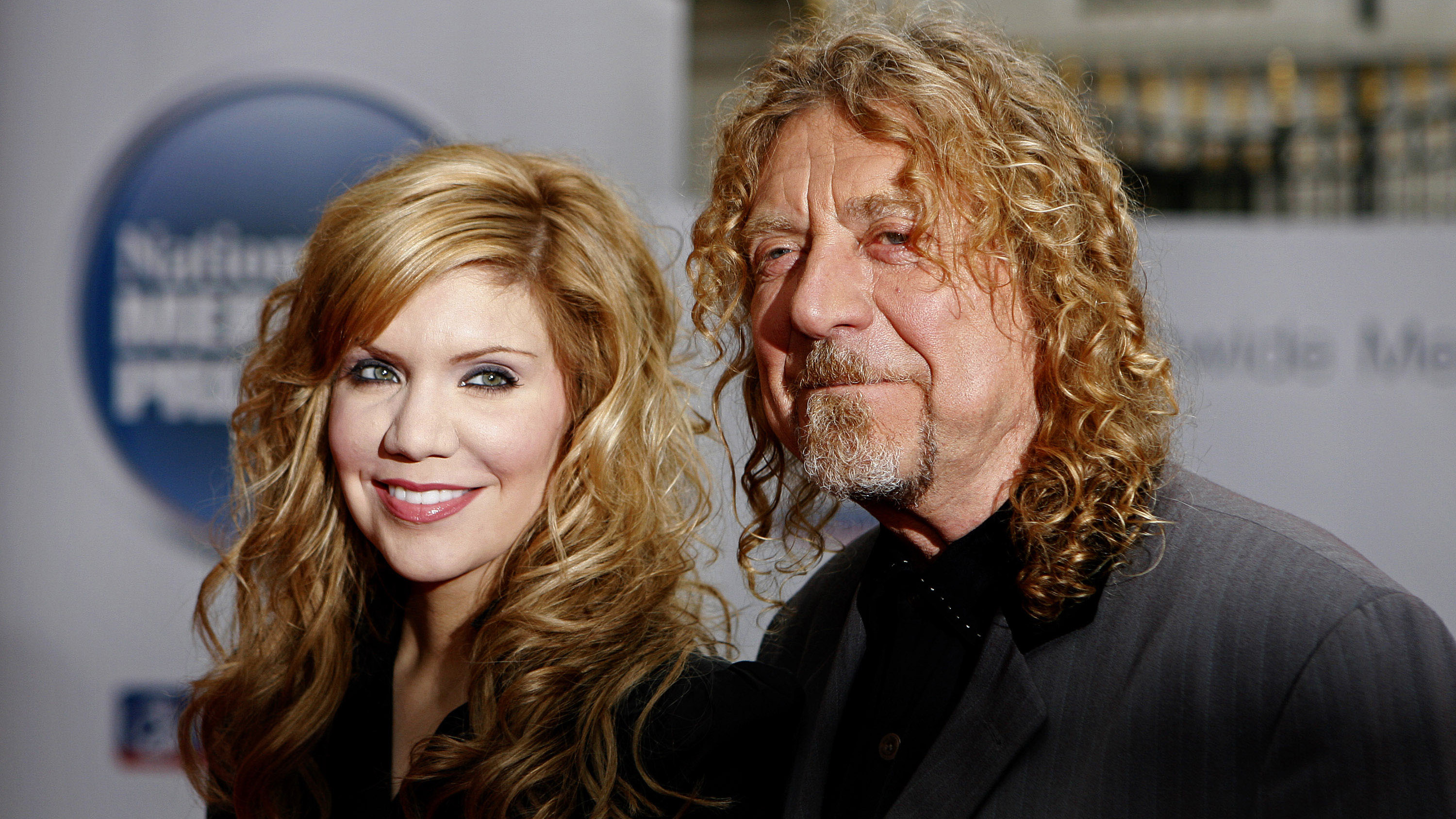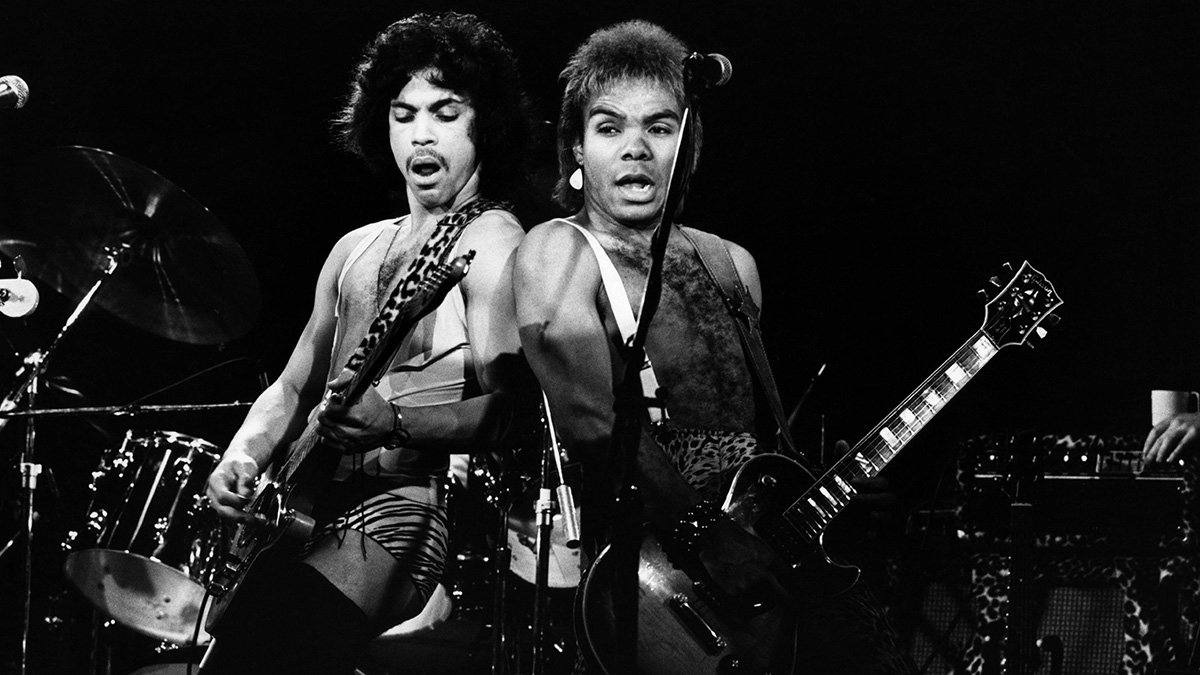"I always think this is the closest anyone has ever come to making the perfect record": The story of The Undertones' punk classic Teenage Kicks
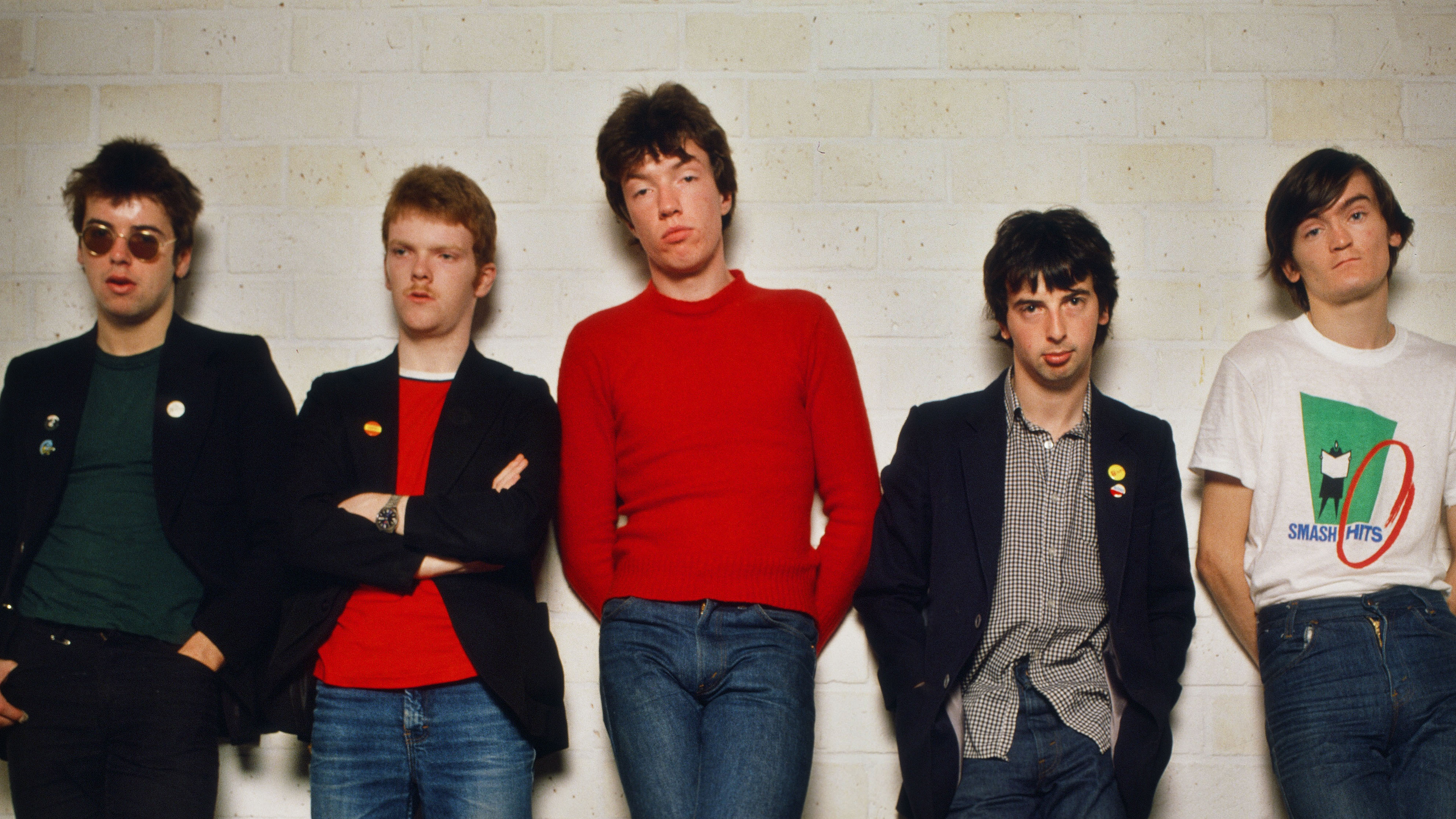
Few songs encapsulate the carefree emotions of youth better than The Undertones’ Teenage Kicks, the 1978 single that became iconic for a generation – even though it came from a bunch of disaffected kids from the arse-end of nowhere.
Written by guitarist John O’Neill and released by the Belfast label Good Vibrations on a four-track EP of the same name, Teenage Kicks was based on a devastatingly simple C/Am/F/G progression (played a tone higher in the key of D) which, once heard, is never forgotten.
The late Radio 1 DJ John Peel championed the track, playing it back-to-back on his show, and it’s gone on to become a part of punk folklore, covered by a multitude of today’s rock bands for whom its nostalgic message still resonates.
It’s all the more amazing that such a pivotal song came from a band in Derry, Northern Ireland – hardly a rock ’n’ roll metropolis. As O’Neill told Total Guitar in 2011: “Terri Hooley, who owned the Good Vibrations label, was a bit sceptical about having a band from outside Belfast on his label, but he couldn’t get over how tight we were when he saw us live. We were pretty serious about our music. We’d come across Lenny Kaye’s Nuggets compilation, and we virtually covered every song off that record. That’s how we learned to play.”
Although O’Neill’s guitar skills were rudimentary at the time (he admits: “I just play rhythm. I stuck to what I knew best”), his brother and fellow six-stringer Damian was much more advanced, fortunately for the band.
“Damian was a natural player,” John explained. “I’d been messing around with the guitar for a couple of years, but he picked it up and within six months he was better than me. It was very annoying! So I stuck to writing.”
Teenage Kicks represented everything that the band – the O’Neills plus singer Feargal Sharkey, bassist Michael Bradley and drummer Billy Doherty – loved about popular music, and the band had already relentlessly gigged the track before they came to record it.
Get the MusicRadar Newsletter
Want all the hottest music and gear news, reviews, deals, features and more, direct to your inbox? Sign up here.
“I remember coming up with the title,” John says. “We used to cover [R&B standard] Route 66, which has the line ‘Get your kicks on Route 66’, and we also liked Back In The USA by the MC5. One of the songs on that album is called Teenage Lust, so it didn’t take a rocket scientist to come up with the title of Teenage Kicks. I can’t believe someone didn’t come up with it before me.
We planned to record this EP just to document the fact that a punk band existed in Derry at one point
“We were also big Ramones fans,” he continues, “and it was easy to hear where their influences had come from when you listened to their records – The Shangri-Las and that whole New York R&B sound like The Crystals and The Ronettes. I loved all that, too, and Dion And The Belmonts. A lot of these old rock ’n’ roll songs have that same C/Am/F/G chord progression, and I was just messing about, trying to come up with our own riff. It just seemed natural for us to write like that.”
Although The Undertones had a set of original songs and a reputation in Derry, the Teenage Kicks EP was supposed to be their last stand. “We were getting close to breaking up because we weren’t getting anywhere,” explains O’Neill, “so we planned to record this EP just to document the fact that a punk band existed in Derry at one point. We never had any expectations that we’d make a living out of it.”
Offered the chance to record the EP by Hooley, the group entered a Belfast studio and ripped through the songs. “We knew them all backwards,” O’Neill says. “It was all done on first takes. We’d done a show in Belfast the night before, so we just banged the songs out. Teenage Kicks is such an easy song to play, anyway. All those early punk songs are basically just barre chords and Chuck Berry-style riffs.”
Both O’Neills used cheap Japanese guitars: John, a Zenta Telecaster and Damian a CLS Les Paul. “I got my guitar from a local music store in Derry,” John remembered, “and I liked it because it stayed reasonably in tune. I’m sure you can’t get them now. Once we got a bit of money I bought a real Telecaster, but for the EP I used the Zenta through an H/H combo. Damian used an H/H, too, because we were big Buzzcocks fans and liked the sustain they gave you when you turned the gain right up. We didn’t use any pedals – we were anti-rock.”
"Listen out for a searing solo at 1:54, where Damian shows that a string bend or two and an incisive tone can be as good as any shredding. “Both of us played rhythm,” John recalled, “and Damian played solos on the two bridges. I think the second solo is one of the greatest solos ever, even though it’s only 30 seconds long. But that’s what punk was all about.”
The Undertones were left speechless by John Peel’s support and the general reaction to the song in the English media. "I always think this is the closest anyone has ever come to making the perfect record," Peel reflected in the clip above.
“I’d been listening to Peel since 1974,” O'Neill told TG, “and he was the best thing on radio. I’d never heard him play a record twice in a row and say that it was one of the greatest records he’d ever heard. We couldn’t believe it – because we didn’t think the song was all that great! It was an amazing compliment that he loved it so much.”

Rob is the Reviews Editor for GuitarWorld.com and MusicRadar guitars, so spends most of his waking hours (and beyond) thinking about and trying the latest gear while making sure our reviews team is giving you thorough and honest tests of it. He's worked for guitar mags and sites as a writer and editor for nearly 20 years but still winces at the thought of restringing anything with a Floyd Rose.
"At first the tension was unbelievable. Johnny was really cold, Dee Dee was OK but Joey was a sweetheart": The story of the Ramones' recording of Baby I Love You
"Reggae is more freeform than the blues. But more important, reggae is for everyone": Bob Marley and the Wailers' Catch a Fire, track-by-track

